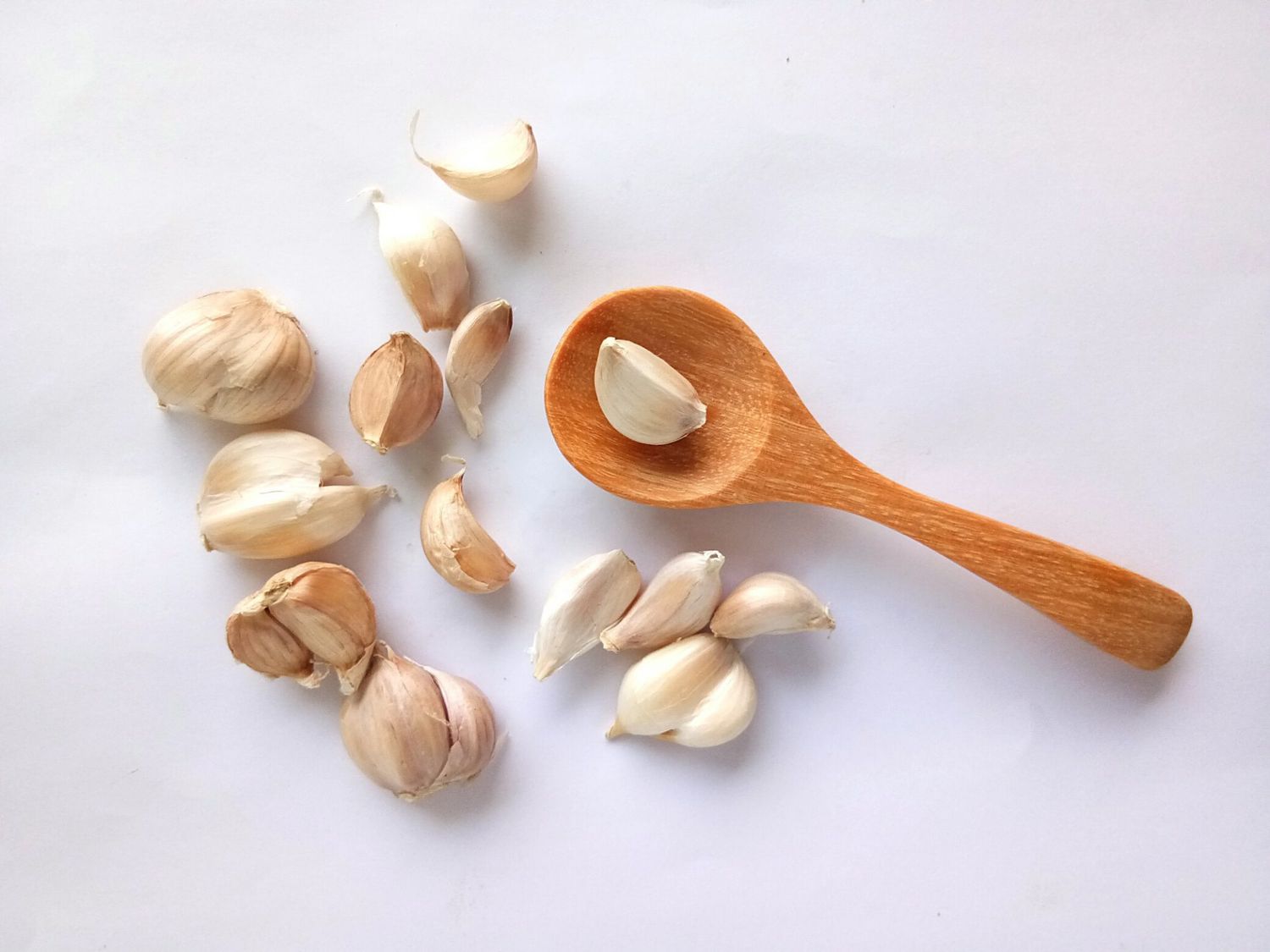

Articles
How To Store Fresh Garlic Cloves
Modified: February 19, 2024
Learn the best methods for storing fresh garlic cloves in this informative article. Avoid wastage and keep your garlic fresh for longer.
(Many of the links in this article redirect to a specific reviewed product. Your purchase of these products through affiliate links helps to generate commission for Storables.com, at no extra cost. Learn more)
Introduction
Fresh garlic is a versatile and essential ingredient in many cuisines around the world. Its powerful flavor and aroma can elevate any dish, from savory soups to savory stir-fries. However, to fully enjoy the benefits of fresh garlic, it is crucial to store it properly. When stored correctly, garlic cloves can maintain their freshness, flavor, and nutritional value for an extended period.
In this article, we will delve into the importance of proper garlic storage and provide you with a step-by-step guide on how to store fresh garlic cloves. We will also share some valuable tips on how to extend the shelf life of garlic and highlight common mistakes to avoid. By following these guidelines, you can ensure that your garlic cloves stay fresh and ready to enhance your culinary creations.
Key Takeaways:
- Proper storage of fresh garlic cloves is crucial for preserving flavor, maintaining nutritional value, and preventing spoilage. Follow the ideal conditions and step-by-step guide to ensure your garlic stays fresh and flavorful.
- Avoid common mistakes like storing garlic in the refrigerator, using airtight containers, or exposing it to direct sunlight. By following tips and guidelines, you can extend the shelf life of your garlic cloves and enjoy their full culinary potential.
Read more: How To Store Cloves Of Garlic
Importance of Proper Garlic Storage
Proper storage of fresh garlic cloves is essential for several reasons. First and foremost, correct storage helps to maintain the quality and flavor of the garlic. Fresh garlic contains natural oils and enzymes that contribute to its distinct taste and aroma. However, if not stored properly, these oils can degrade, resulting in a loss of flavor and aroma.
In addition to preserving flavor, proper storage also helps to maintain the nutritional value of garlic cloves. Garlic is known for its numerous health benefits, including its potential to boost the immune system and reduce the risk of certain diseases. However, exposure to light, humidity, and improper storage conditions can lead to a decrease in the concentration of key nutrients in garlic cloves.
Another important reason for ensuring proper garlic storage is to prevent spoilage. Garlic is susceptible to mold and decay, especially if exposed to moisture or placed in unfavorable conditions. By storing garlic correctly, you can minimize the risk of spoilage and extend its shelf life, allowing you to enjoy fresh garlic for longer periods.
Furthermore, improper storage can also result in sprouting, where garlic cloves develop green shoots. While sprouted garlic is still safe to consume, it can have a bitter taste and a slightly different texture. By storing garlic properly, you can reduce the likelihood of sprouting and maintain the desirable characteristics of the cloves.
Overall, proper garlic storage is crucial for preserving flavor, maintaining nutritional value, preventing spoilage, and ensuring the best culinary experience when using fresh garlic cloves. Now that we understand the importance of proper storage, let’s explore the ideal conditions for storing fresh garlic.
Ideal Conditions for Storing Fresh Garlic Cloves
Creating the ideal storage conditions for fresh garlic cloves will help preserve their quality and extend their shelf life. Here are the key factors to consider:
- Temperature: Garlic cloves prefer cool temperatures between 50-60°F (10-15°C). Avoid storing garlic in areas that are too warm or exposed to direct sunlight, as this can speed up the sprouting process.
- Humidity: Garlic cloves require moderate humidity levels to prevent drying out or becoming too moist. Aim for humidity levels around 60-70%. Avoid storing garlic in overly humid areas such as the refrigerator’s vegetable drawer, as excessive moisture can lead to mold growth.
- Air Circulation: Good airflow is essential for storing garlic. Ensure that the storage area is well-ventilated to prevent the buildup of excess moisture and to maintain optimal conditions.
- Light Exposure: Garlic cloves should be stored in a dark environment to avoid exposure to light, as it can degrade the natural oils and enzymes. Keep garlic away from direct sunlight and opt for opaque containers or storage bags.
- Container: Choose a container that allows for air circulation, such as a mesh bag or a woven basket. Alternatively, you can use a paper bag or a breathable storage container. Avoid using airtight containers, as they can trap moisture and lead to spoilage.
By creating the ideal conditions of cool temperature, moderate humidity, good airflow, minimal light exposure, and appropriate containers, you can ensure that your fresh garlic cloves stay fresh and flavorful for an extended period.
Now that we have discussed the ideal storage conditions, let’s move on to the step-by-step guide for storing fresh garlic cloves.
Step-by-Step Guide for Storing Fresh Garlic Cloves
Follow these simple steps to store your fresh garlic cloves properly:
- Inspect the garlic cloves: Before storing, carefully inspect each garlic clove to ensure that there are no signs of decay, mold, or sprouting. Remove any cloves that appear damaged or compromised.
- Clean the cloves: If the garlic cloves have any dirt or soil on them, gently brush off the excess debris. Avoid washing the cloves with water, as moisture can promote mold growth.
- Cure the garlic: Before storing, it is recommended to cure the garlic cloves for a few weeks. This process helps to dry out the outer layers and promote the development of a protective skin. To cure, place the garlic in a well-ventilated area with low humidity, such as a cool and dark room. Hang the garlic in bunches or lay it out on a mesh rack.
- Trim the roots and stems: After the curing process, trim the roots and stems of the garlic cloves, leaving about half an inch of the stem attached to each clove. Trimming helps to prevent moisture loss and keeps the cloves in optimal condition.
- Select a storage container: Choose a container that allows for air circulation, such as a mesh bag, a woven basket, or a paper bag. Alternatively, you can use a breathable storage container. Avoid using plastic bags or airtight containers, as they can trap moisture and hasten sprouting or decay.
- Place the garlic cloves in the container: Arrange the trimmed garlic cloves in the chosen storage container, ensuring that they are not crowded together. Leave space for air circulation between the cloves.
- Store in a cool and dark area: Find a cool and dark storage area in your kitchen or pantry to place the garlic container. Avoid storing garlic near heat sources or in areas exposed to direct sunlight.
By following these steps, you can store your fresh garlic cloves in the optimal conditions to maintain their quality, flavor, and nutritional value.
Next, let’s explore some tips for extending the shelf life of garlic cloves.
Store fresh garlic cloves in a cool, dark, and well-ventilated place, such as a pantry or a garlic keeper. Avoid storing them in the refrigerator, as this can cause them to sprout and become rubbery.
Tips for Extending the Shelf Life of Garlic Cloves
To further extend the shelf life of your fresh garlic cloves and keep them in the best possible condition, consider the following tips:
- Avoid storing garlic in the refrigerator: While it may seem logical to store garlic in the refrigerator, the cold temperature and high humidity can cause garlic cloves to sprout and become rubbery. It is best to store garlic in a cool and dark pantry or kitchen cabinet instead.
- Separate the cloves: Whenever possible, separate individual garlic cloves before storing them. This helps to prevent the spread of mold or decay if one clove becomes compromised.
- Use the freshest garlic: Purchase garlic bulbs that are firm and plump. Fresher garlic tends to have a longer shelf life compared to older bulbs. Consider growing your own garlic to ensure the ultimate freshness.
- Avoid excessive handling: Touching garlic cloves with dirty hands or keeping them exposed for extended periods can introduce moisture and promote spoilage. Handle garlic cloves with clean hands and minimize unnecessary contact.
- Check regularly for spoilage: Periodically inspect your stored garlic cloves for any signs of mold, decay, or sprouting. Remove any cloves that appear compromised to prevent further spoilage.
- Avoid storing garlic near other strong-smelling foods: Garlic has a potent aroma that can transfer to other nearby foods. Store garlic away from other strong-smelling ingredients to maintain their respective flavors and aromas.
- Consider freezing peeled cloves: If you find yourself with an excess of garlic cloves, you can peel and freeze them in an airtight container or freezer bag. Frozen garlic cloves can be easily crushed or chopped when needed in recipes.
By following these tips, you can prolong the shelf life of your garlic cloves, ensuring that they remain fresh and flavorful for an extended period.
Continue reading to learn about common mistakes to avoid when storing fresh garlic cloves.
Read more: How To Store Garlic Cloves In Fridge
Common Mistakes to Avoid When Storing Fresh Garlic Cloves
To ensure the proper storage of fresh garlic cloves, it is important to be aware of common mistakes that can diminish their quality and shorten their shelf life. Avoid the following errors:
- Storing garlic in the refrigerator: As mentioned earlier, the cold temperature and high humidity of the refrigerator can cause garlic cloves to sprout and become rubbery. It is best to store garlic in a cool and dry pantry or kitchen cabinet.
- Leaving garlic in plastic bags or airtight containers: Garlic needs good airflow to prevent moisture buildup and decay. Storing garlic in plastic bags or airtight containers can trap moisture and lead to spoilage. Instead, use mesh bags, woven baskets, or breathable containers.
- Exposing garlic to direct sunlight: Sunlight can degrade the natural oils and enzymes in garlic cloves, leading to a loss of flavor and aroma. Store garlic in a dark place away from direct sunlight to maintain its quality.
- Storing garlic near moisture sources: Garlic is prone to mold and decay when exposed to excessive moisture. Avoid storing garlic near sinks, dishwashers, or areas with high humidity to prevent moisture absorption.
- Not curing garlic before storage: Curing garlic helps to dry out the outer layers and promote the development of a protective skin. Skipping the curing process can decrease the storage life and increase the risk of spoilage. Take the time to properly cure your garlic before long-term storage.
- Not checking for signs of spoilage: It is essential to regularly inspect your stored garlic cloves for any signs of mold, decay, or sprouting. Removing any compromised cloves promptly can help prevent the spread of spoilage to the rest of your garlic supply.
- Storing garlic near strong-smelling foods: Garlic has a strong aroma that can transfer to other foods if stored in close proximity. Avoid storing garlic near strong-smelling ingredients to prevent flavor contamination.
By avoiding these common mistakes, you can maximize the shelf life and quality of your fresh garlic cloves, ensuring that they are always ready to enhance your culinary creations.
Now, let’s address some frequently asked questions about storing fresh garlic cloves.
Frequently Asked Questions (FAQs)
1. Can I store garlic cloves in the refrigerator?
It is recommended to avoid storing garlic cloves in the refrigerator, as the cold temperature and high humidity can cause the cloves to become rubbery and sprout. It is best to store garlic in a cool and dry pantry or kitchen cabinet.
2. How long can I store fresh garlic cloves?
Properly stored garlic cloves can last for several months. However, their shelf life can vary depending on factors such as the freshness of the garlic at purchase and the storage conditions. Regularly check for signs of spoilage and remove any compromised cloves to maintain the quality of the remaining garlic.
3. Can I store garlic cloves in the freezer?
While you can freeze garlic cloves, it is recommended to use this method for peeled cloves. Simply peel the cloves, place them in an airtight container or freezer bag, and store in the freezer. Frozen garlic cloves can be easily crushed or chopped when needed in recipes.
4. How do I know if garlic cloves have gone bad?
Spoiled garlic cloves may exhibit signs of mold, soft spots, a strong rotting smell, or green sprouts emerging from the cloves. If you notice any of these signs, discard the affected cloves to prevent the spread of spoilage.
5. Can I store garlic cloves with other vegetables?
Garlic cloves can emit a strong aroma that may transfer to other vegetables if stored together. It is recommended to store garlic separately from other vegetables to prevent flavor contamination.
6. Can I store chopped or minced garlic?
Freshly chopped or minced garlic can be stored in an airtight container or small glass jar in the refrigerator for up to a week. However, be aware that the flavor and aroma may diminish over time. It is best to use freshly minced garlic whenever possible.
Remember to always trust your senses and use common sense when storing and using garlic cloves. When in doubt, always inspect the cloves and discard any that appear compromised or spoiled.
Now you have the knowledge and guidance to store your fresh garlic cloves properly, ensuring their freshness, flavor, and nutritional value for your culinary adventures.
Frequently Asked Questions about How To Store Fresh Garlic Cloves
Was this page helpful?
At Storables.com, we guarantee accurate and reliable information. Our content, validated by Expert Board Contributors, is crafted following stringent Editorial Policies. We're committed to providing you with well-researched, expert-backed insights for all your informational needs.
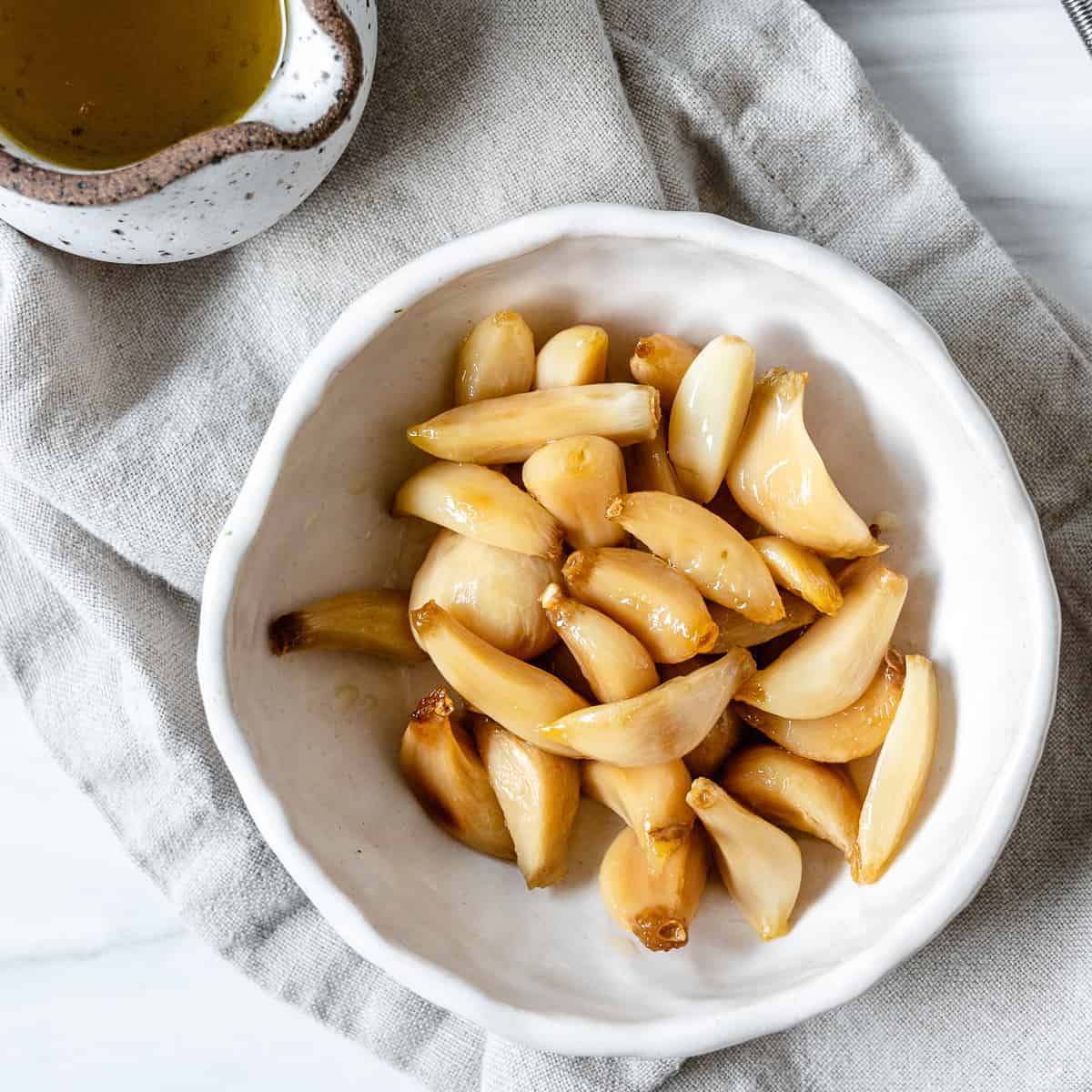
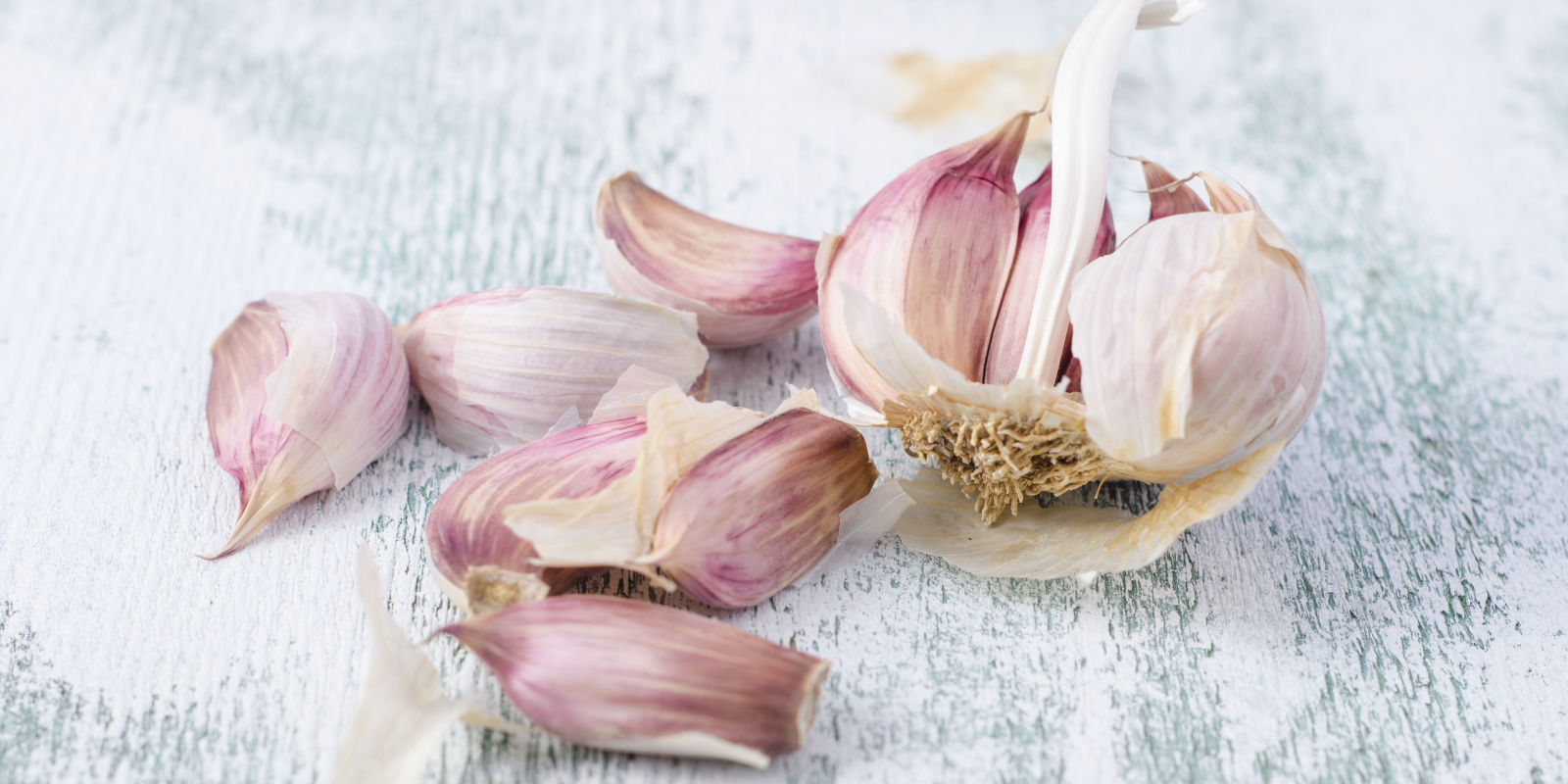
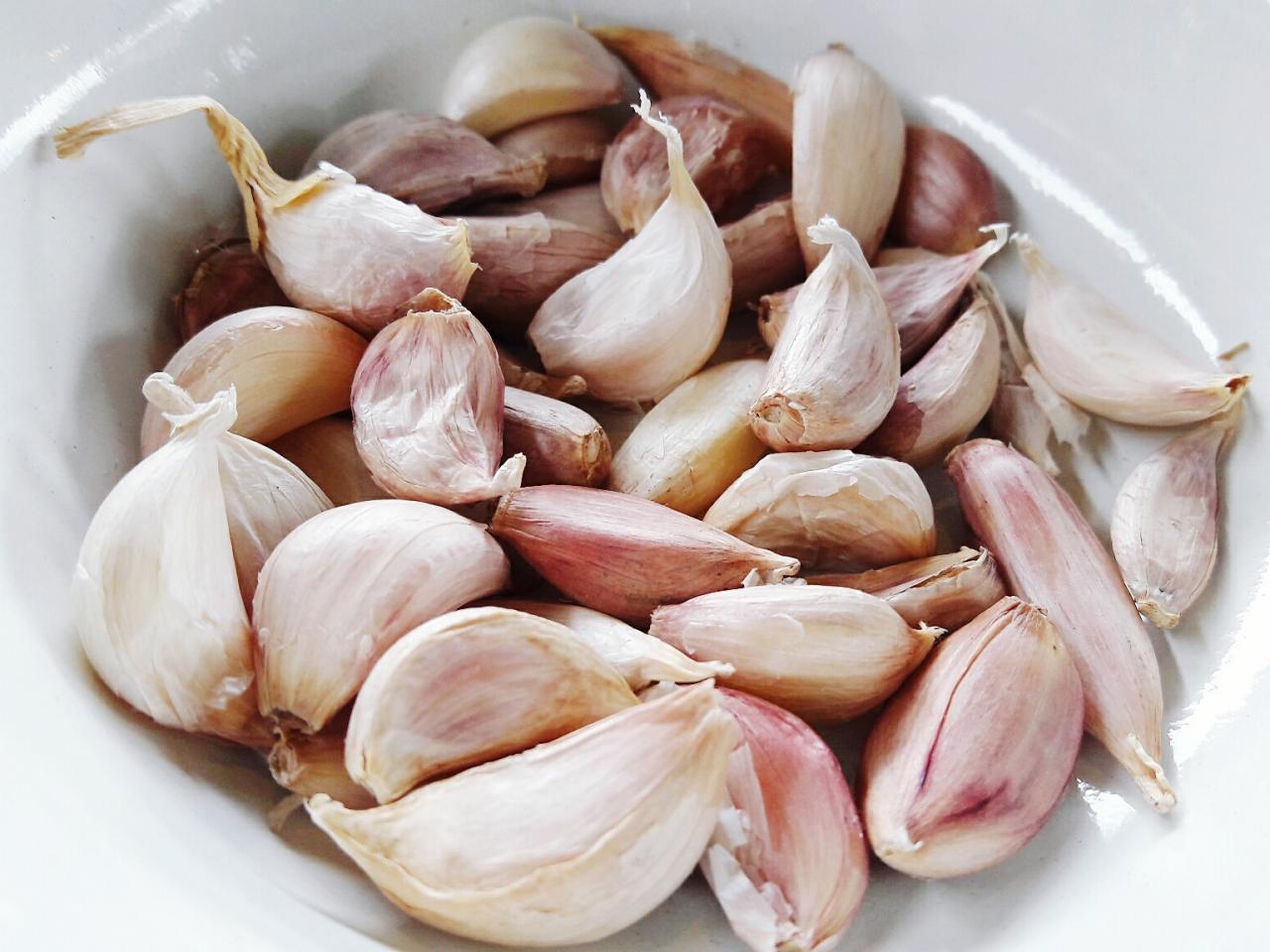
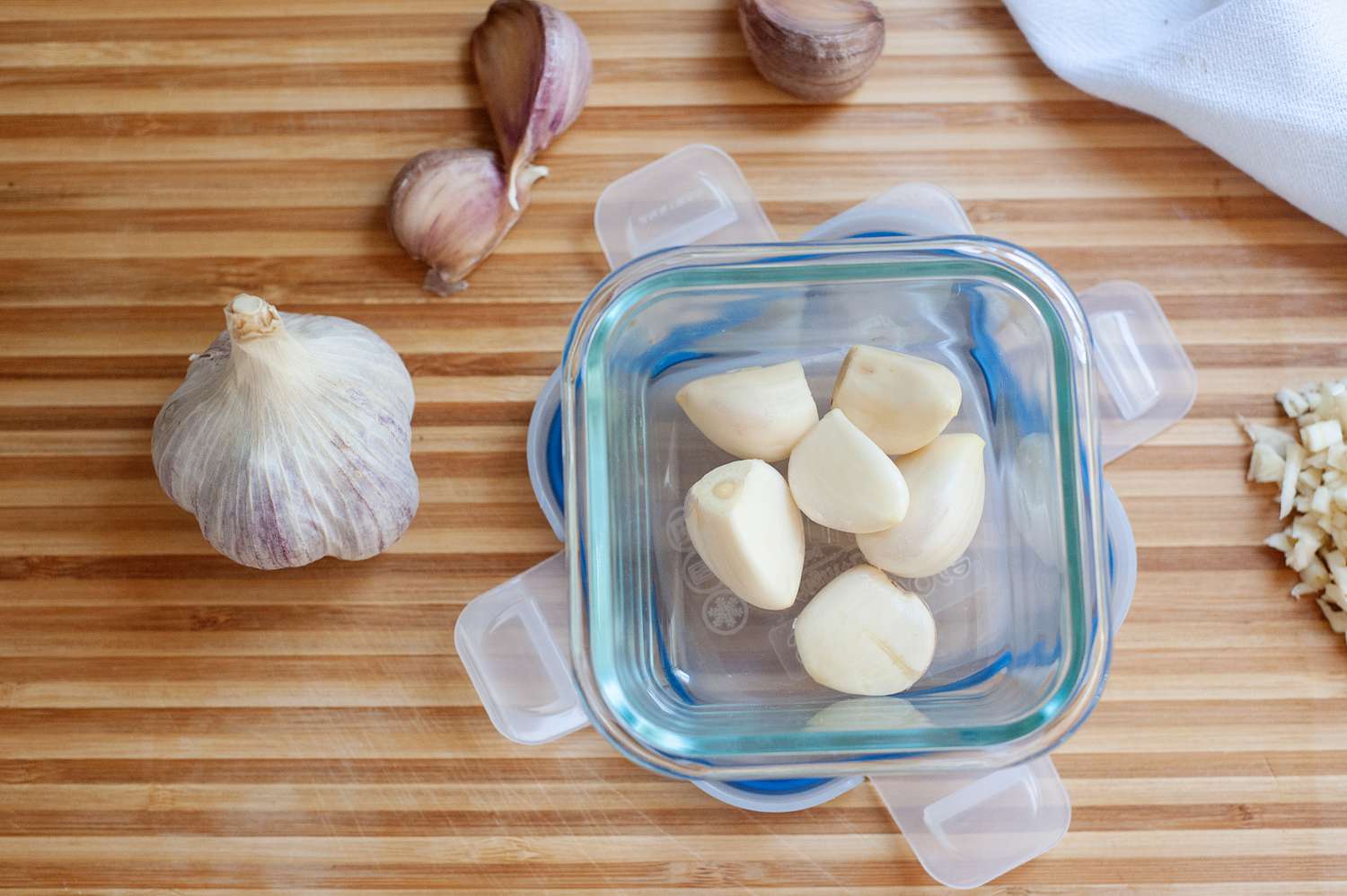
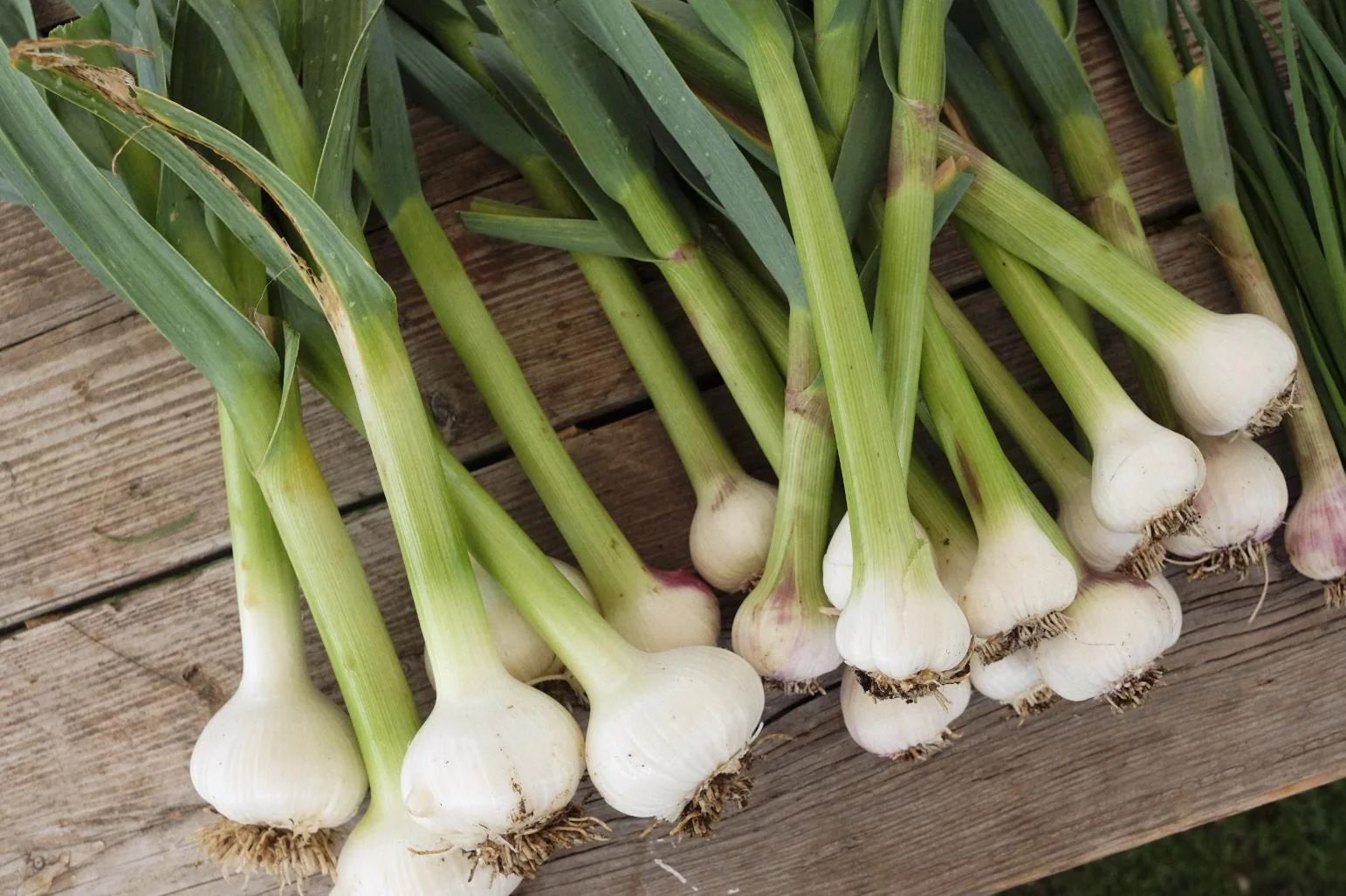
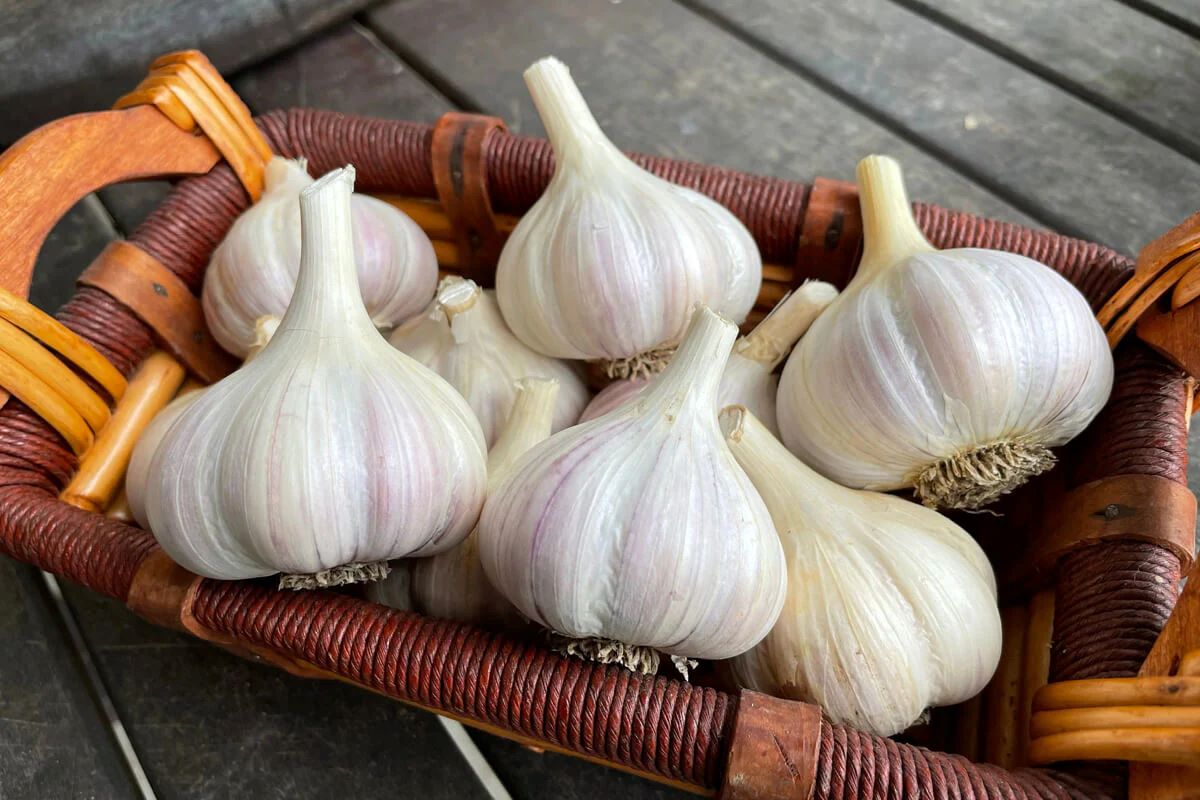
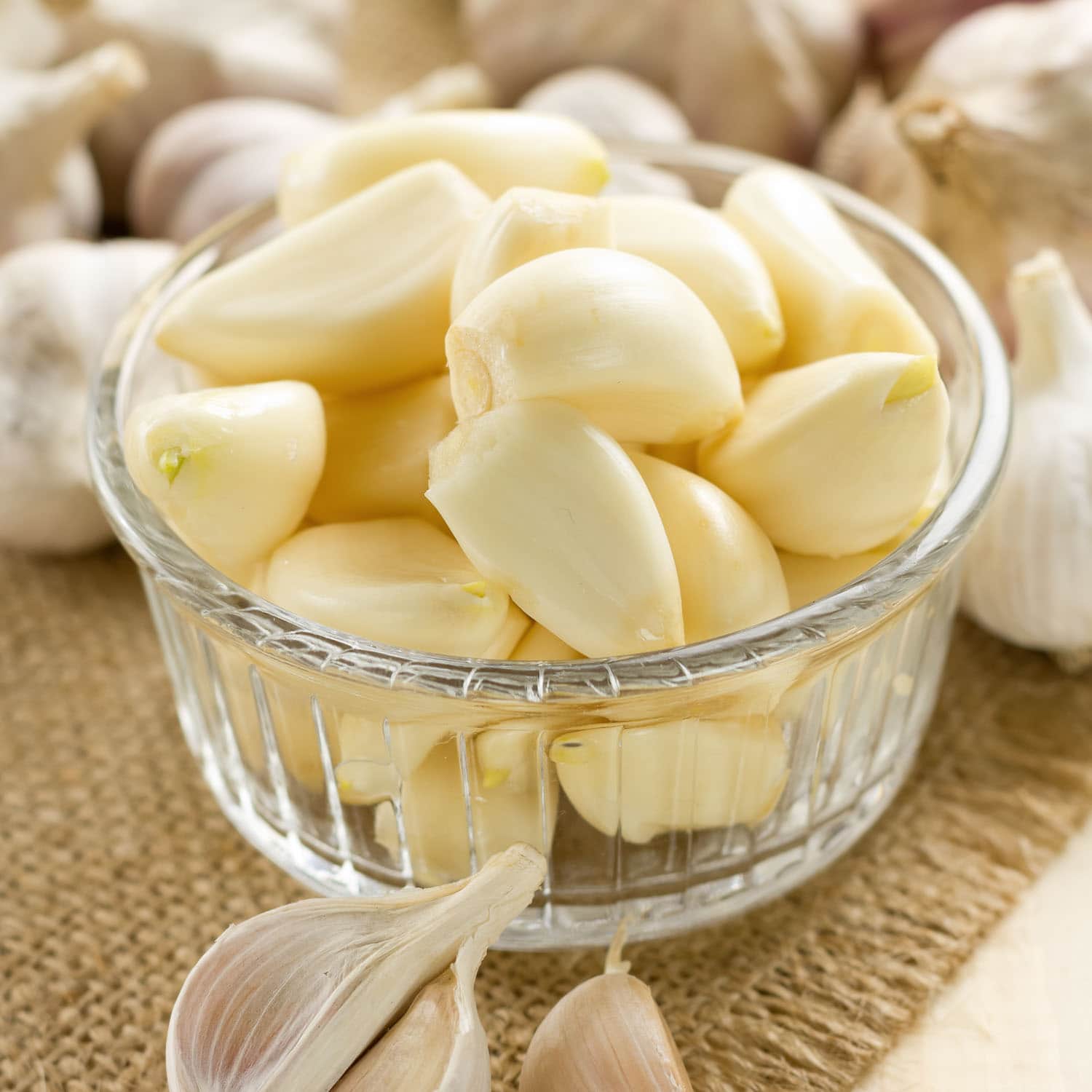
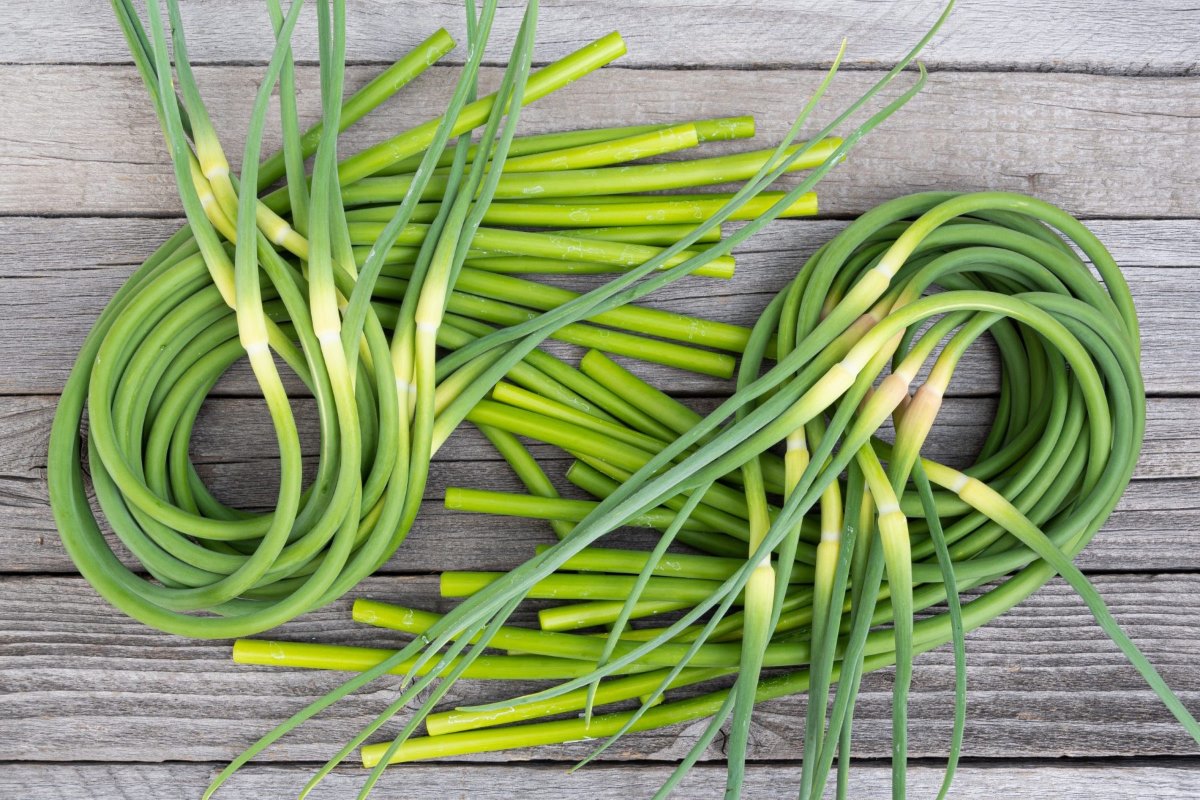
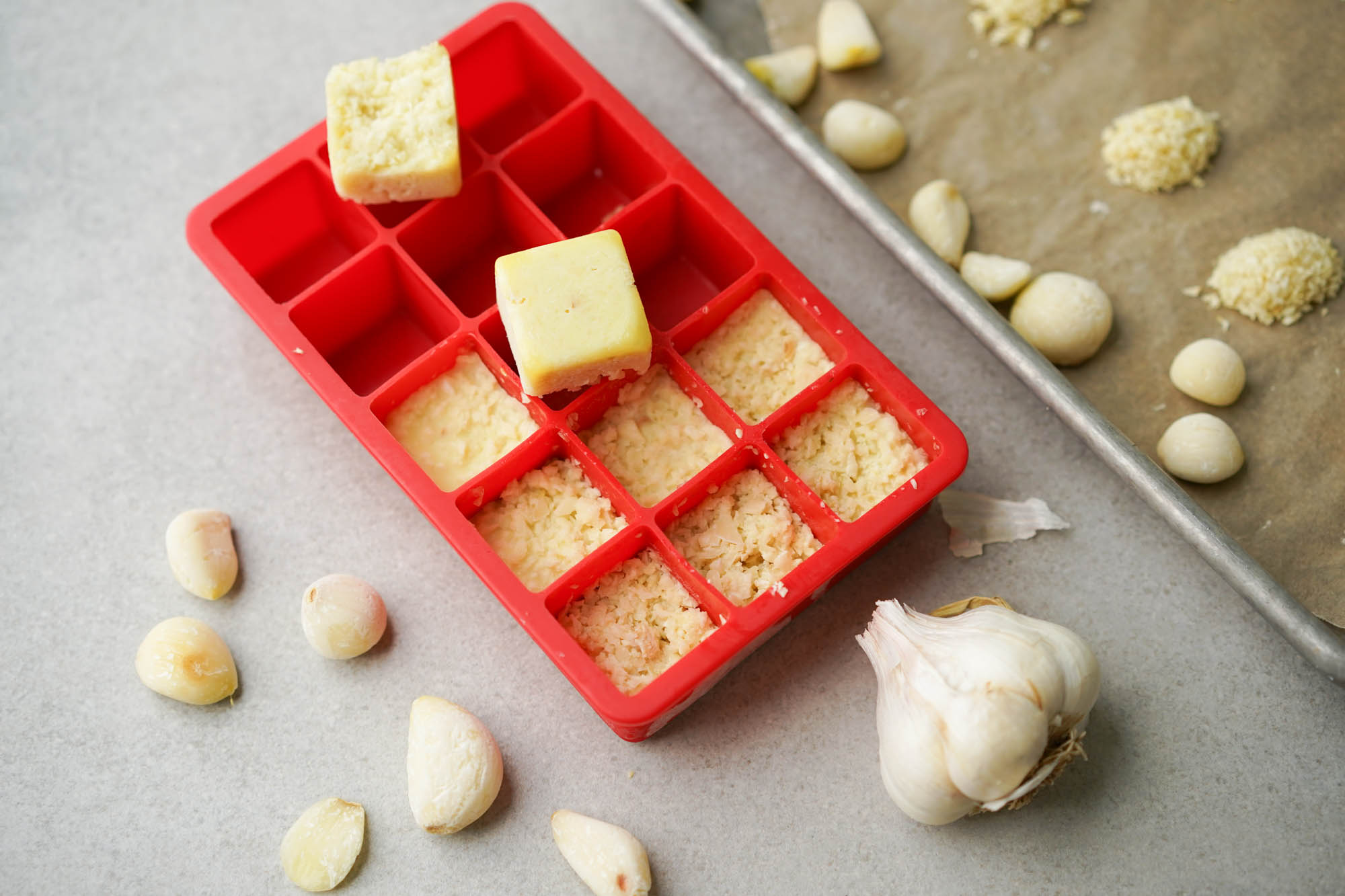
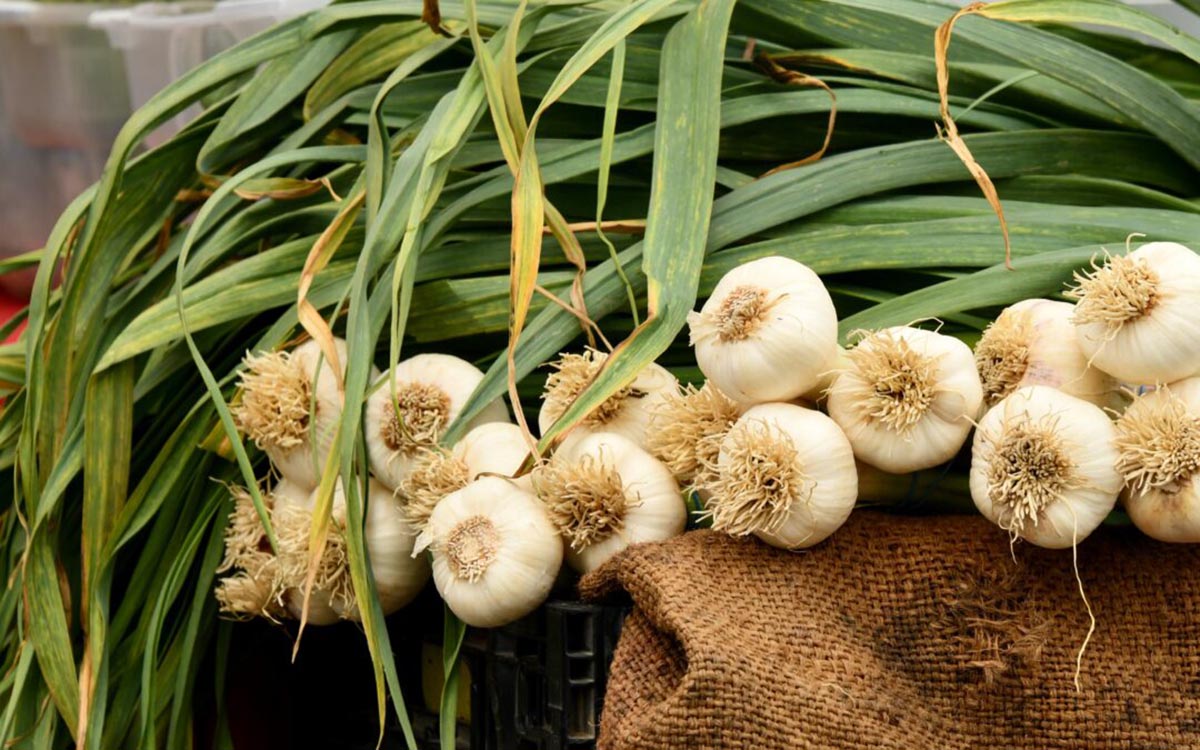
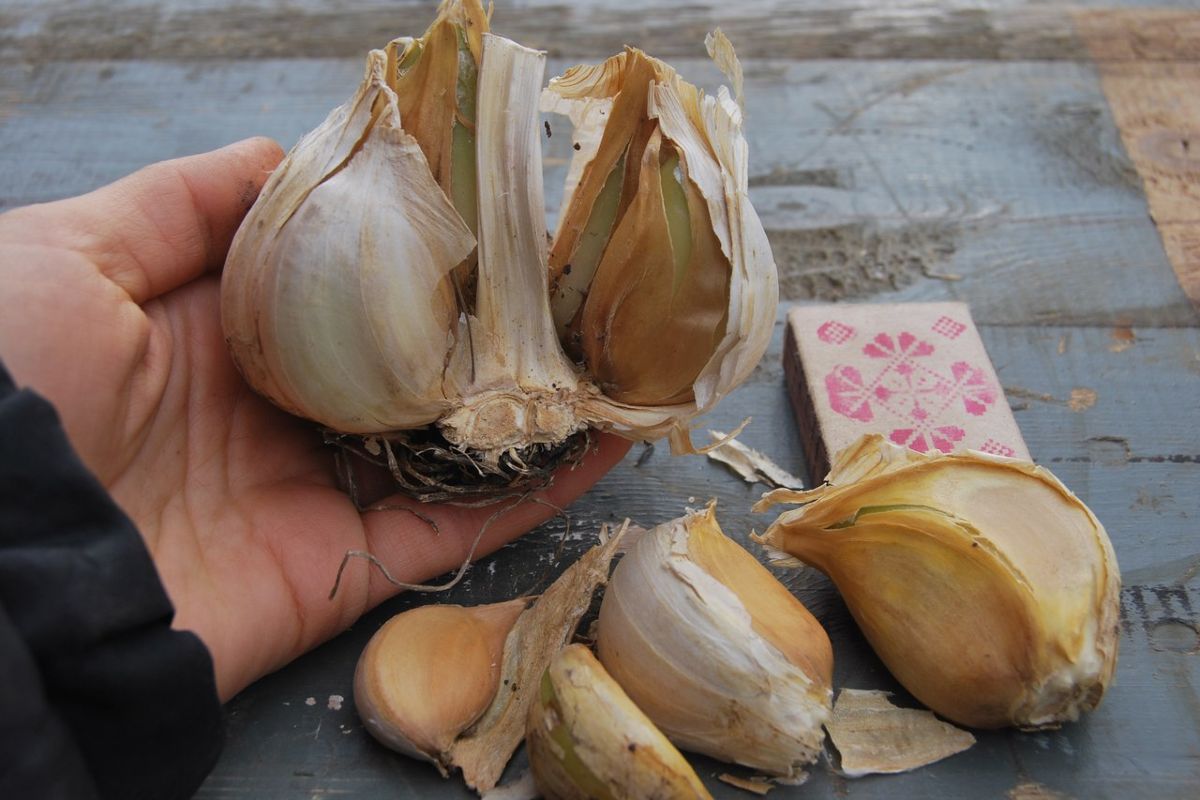
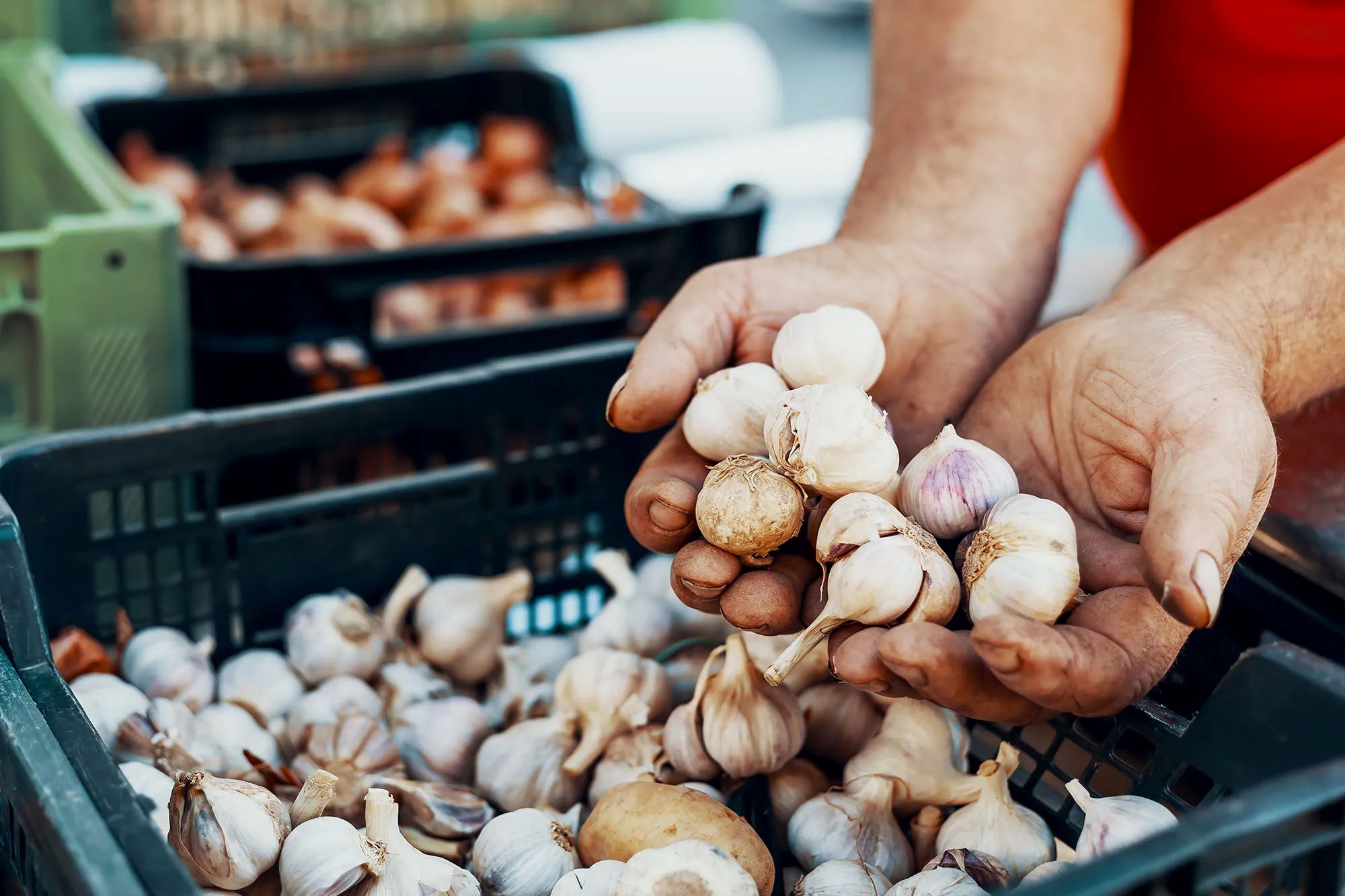
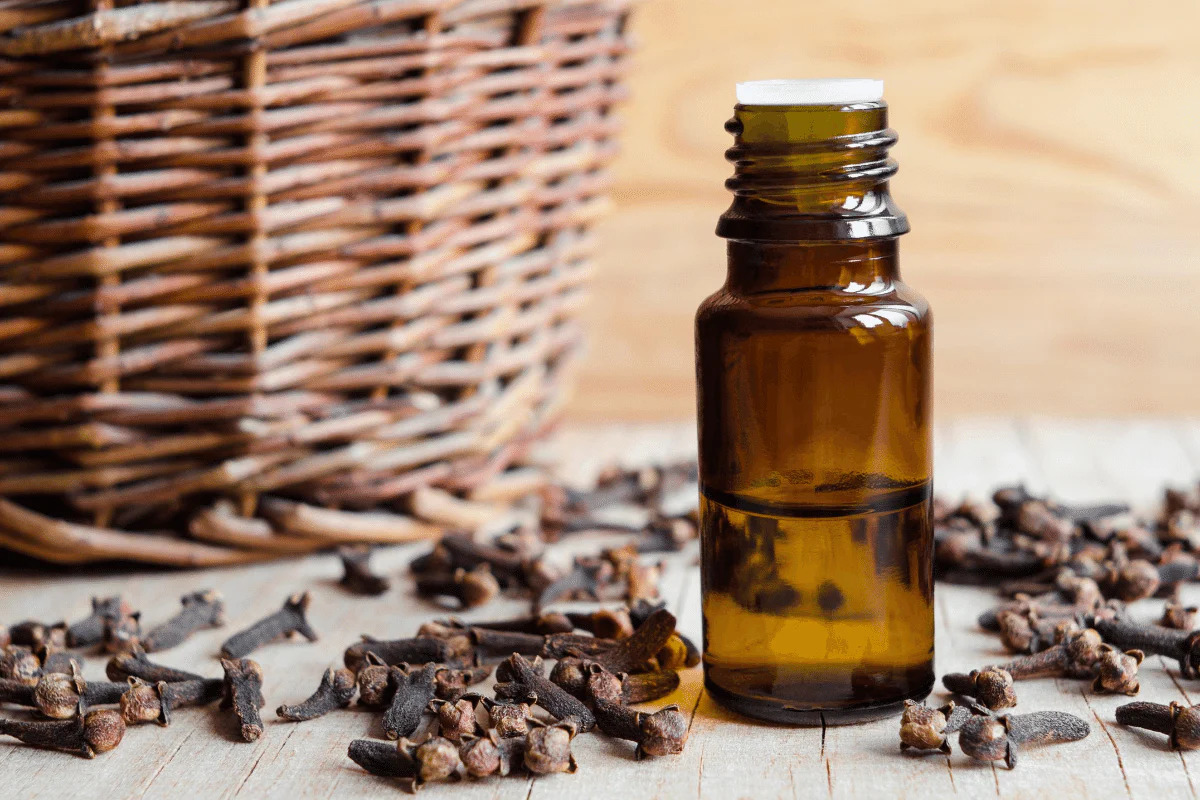
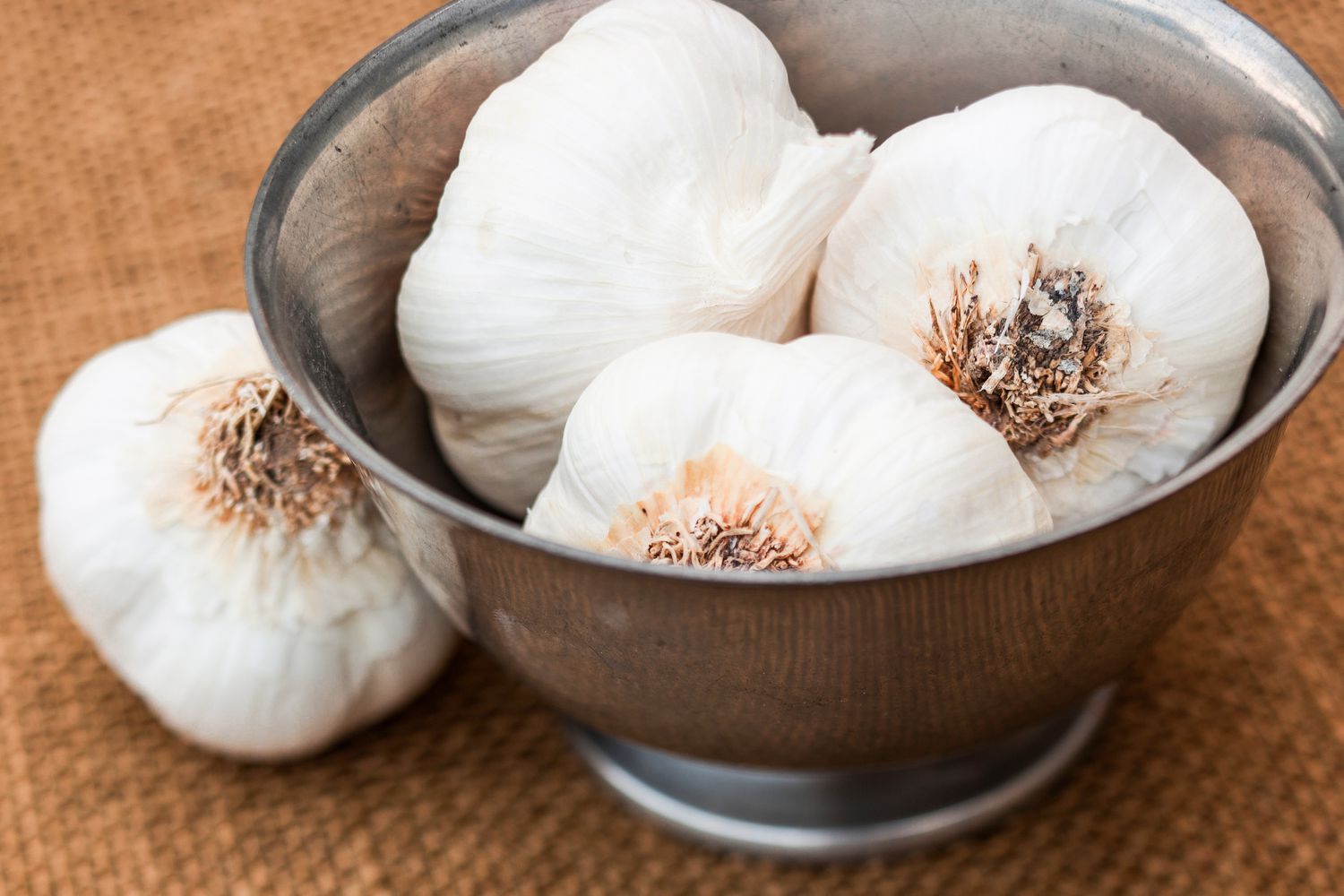

0 thoughts on “How To Store Fresh Garlic Cloves”